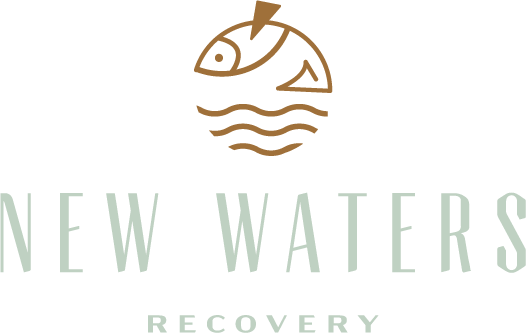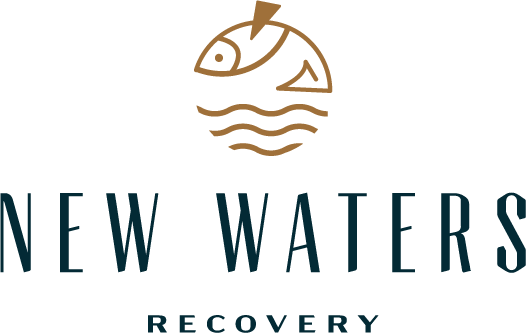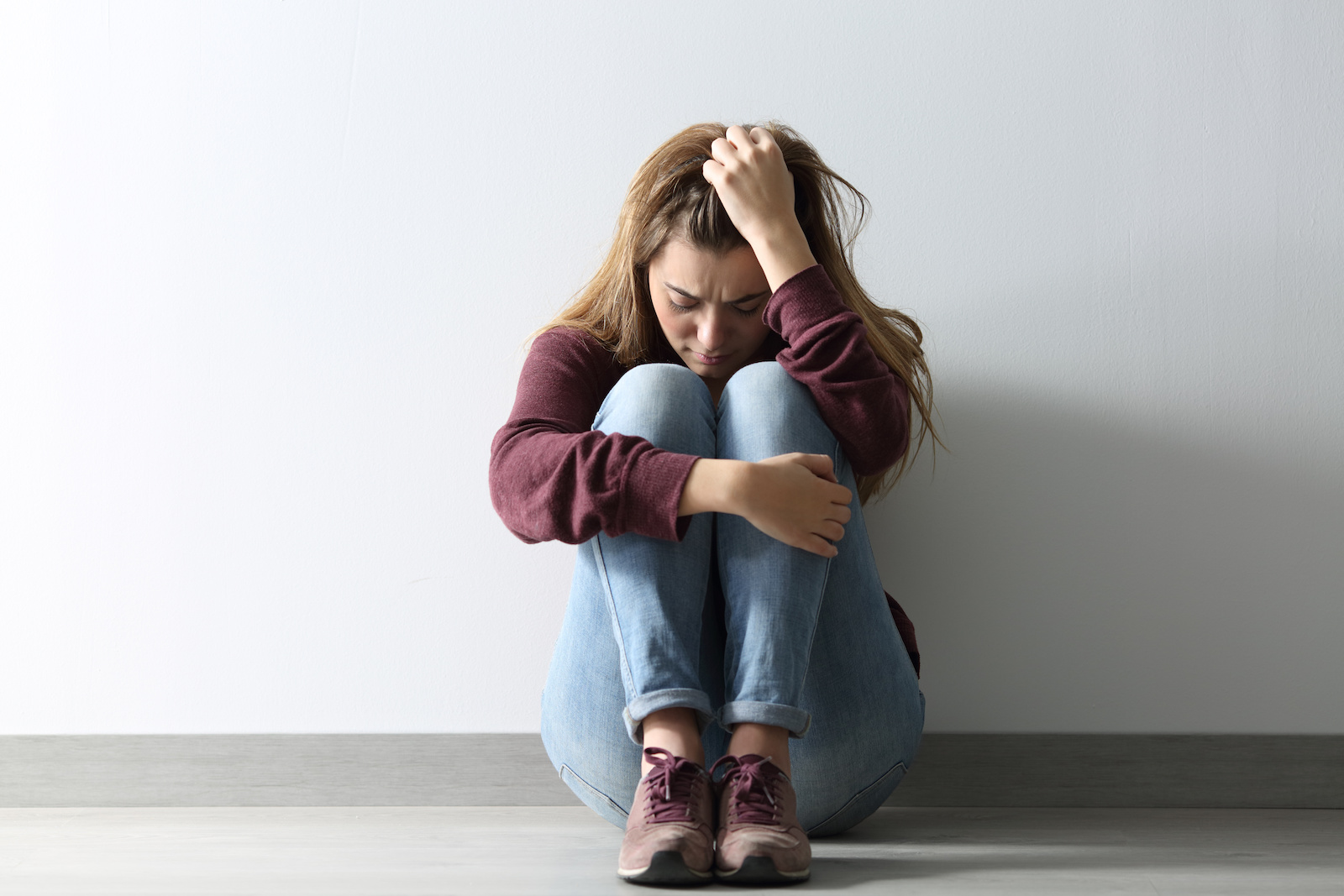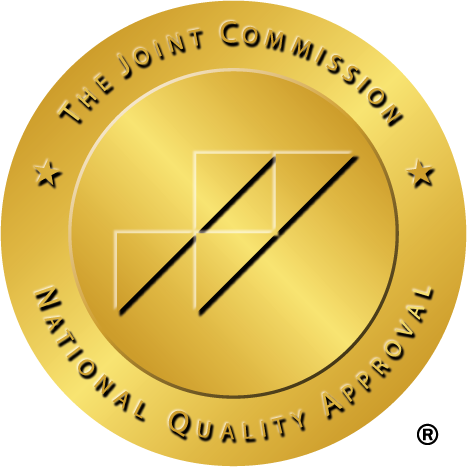Table of Contents
IED disorder isn’t one of the mental health disorders most people know about, partially because it’s rarer than the big disorders like Depression or PTSD, but also because there’s a lot of stigma surrounding IED disorder and similar disorders that can make it harder to talk about the disorder.
Unfortunately, that also means that it’s more difficult to talk about the extra support people with IED disorder need and the additional risks that come with having the disorder.
So, instead of keeping IED disorder and it’s risks in the shadows, let’s talk about this disorder, why it can increase your chances of developing a substance use disorder, and how you can get help for both IED disorder and addiction if you need it.
Remember, these topics aren’t just for the people directly dealing with IED. They’re also important for the people around someone with IED to understand and explore, and for other people to be aware of so they can recognize and support people in their lives better when and if they meet someone with IED.
Here’s what you need to know.
What Is An IED Disorder?
The first thing to understand is what IED disorder is. Unlike some other disorders, like Depression, where people generally have at least some understandings of the disorder when you bring it up, even if they don’t have a strong understanding of the details.
IED is a little different.
IED stands for Intermittent Explosive Disorder and is essentially a disorder where you don’t have control over your anger or responses while angry. It’s different from other disorders that also lead to angry outbursts in part because it’s specific to anger.
People with IED don’t necessarily struggle to control or reign in their reactions to other emotions, but their anger can feel more out of control. It may even feel impossible for people with IED to control their anger, which can cause a lot of distress for the people around them and the person with IED.
It’s important to remember, even when we’re talking about disorders like this where the symptoms can have a significant impact on the people around the person with the disorder, the disorder is often just as or more distressing to the person dealing with it.
People with IED typically start to have symptoms in childhood or by the time they’re teenagers. They may have longer-lasting and more intense tantrums than other children, and those behaviors will persist into adulthood. The way a person with IED expresses their anger may change over time, but they will consistently seem more angry than makes sense in the situation and may become angry over what seems like minor irritations to other people.
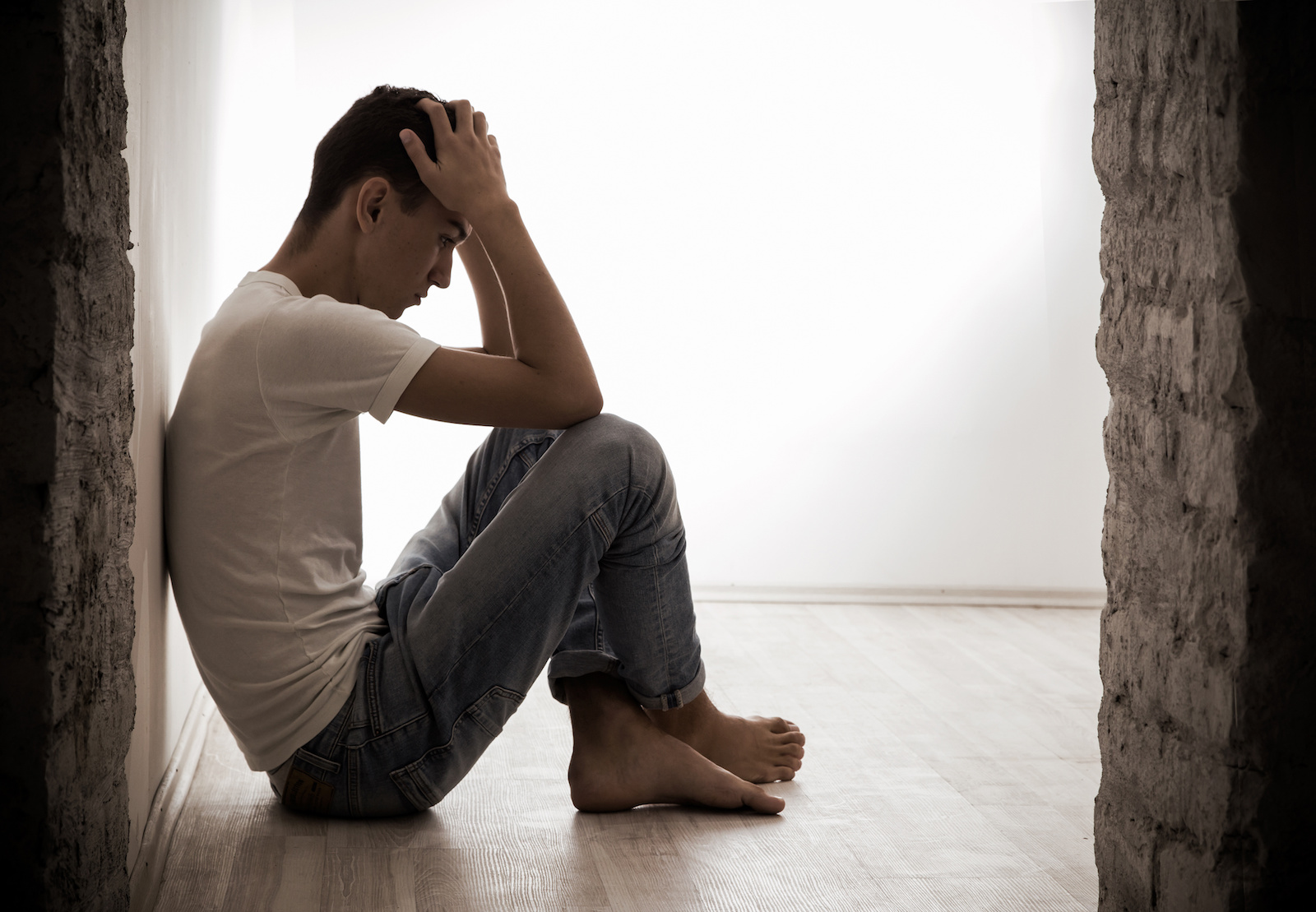
There may be a connection between IED and a history of trauma, especially childhood trauma. However, like other trauma-connected disorders, developing the disorder may depend on a combination of genetic and social factors, including how the child copes with trauma in the moment.
There are treatments and various options that can help people with IED gain more control and manage their symptoms, but, like many mental health disorders, management and curing the disorder are two different things, and not everyone may be able to completely overcome their IED.
What An IED Disorder Does To Your Brain
Before we get into the details here, there are some problems with saying that a disorder causes changes in the brain. Depending on the disorder, some disorders may cause changes, while other disorders are more likely to be the result of changes in brain chemistry and structure that alter normal function.
It’s also important to know that the longer a disorder continues, the more severe the symptoms are, and the less treatment and support the person with the disorder has, the more likely they are to have more differences in their brain and the more severe those differences are likely to be.
One of the goals of treating disorders that are connected to structural and chemical changes in the brain is to help the brain overcome those deviations by working on coping mechanisms and skills that help develop the altered areas of the brain. Your brain can heal, and your healing can sometimes even be seen in your brain’s structure, connections, and neurotransmitter levels!
With that said, people with IED do tend to have some structural differences in their brain that may be a result of the disorder, and may contribute to some of their symptoms.
Specifically, people with IED often have weaker connections between important parts of the brain related to social interactions, language processing, and sensory input.
That means, in part, that people with IED may literally perceive certain interactions differently than others around them, and may see situations as more offensive or threatening that they are or were intended to be, which may be part of why people with IED react more aggressively to frustration and feelings of anger or offense.
Can Struggling With An IED Disorder Increase My Chances Of Struggling With An Addiction?
So, how is IED related to addiction and substance use disorders?
Well, people with IED are 5 times more likely to develop certain kinds of substance use disorders.
That’s a significant increase in risk and one that its important for people with IED and the people around them to understand.
The exact reasons people with IED are more likely to deal with substance use disorders aren’t well known. Like many other mental health disorders, it’s not clear if the primary motivation behind increased substance use is treating the symptoms of the disorder, or an increase in willingness to take risks, or not perceiving substance use as risky as other people see it.
The reasons people with IED are more likely to deal with a substance use disorder may be actually a combination of all of those reasons.
For instance, cannabis, which is one of the drugs people with IED are more likely to use, may seem attractive to people with IED because it’s supposed to be a calming mellow high. They may be more likely to try cannabis products to see if the calming effects give them more control over their anger or makes it harder to get angry in the first place.
But other kinds of a substance use disorder, like alcohol use disorder, also occur with greater frequency in people who have IED and doesn’t necessarily have the same reputation for helping people be/stay calm as cannabis.
So self-medicating is one possible reason for increased risk, but it’s probably not the only reason.
Another thing to consider is that IED can be a disorder that makes it harder to have and maintain positive social relationships.
Often, addition is a disease of loneliness and social/societal vulnerability. That means that the lack of connection that people with IED often deal with may also be a risk factor for addiction.
How To Get Help If Struggling With An IED Disorder And/Or An Addiction
Getting help with an IED disorder or an addiction is hard enough, trying to get help for both at the same time may feel impossible.
The good news is that there are treatment options out there that can effectively treat and deal with your disorder and substance use, and help you find coping mechanisms that make leading a happier healthier life much more possible.
The trick is that you’ll likely need to treat both conditions, and address the underlying problems contributing to both conditions, simultaneously.
That can be difficult, especially if your IED makes it more difficult for you to receive criticism, suggestions, or recommendations for alternative coping mechanisms to help in your situation.
One of the first steps for dealing with IED and substance use disorders is to talk with your doctor about your concerns. If you have a therapist already for your IED, you should also talk to them about your addiction and how that addiction affects your life and emotions.

Remember, there is nothing weak about having these disorders. Getting help for a difficult and hard-to-control disorder is actually more of a sign of strength than a sign of weakness.
You deserve to have help and support for all the aspects of your disorders.
However, sometimes, you need more help than basic services can provide. Especially if your addiction is getting in the way of your IED treatment, you may want to consider going to a residential treatment center for more help.
This is a good idea because the staff at the residential treatment center are trained to help with both mental health disorders like IED, and substance use disorders and addiction, even when they are happening at the same time.
Because IED may also make you more likely to act out when you’re going through withdrawal, treatment centers are also a good idea because they can help keep you and the people and things around you safer while you’re dealing with withdrawal symptoms and agitation.
Lastly, treatment centers give you a low-stress and controlled environment to start learning more coping mechanisms and start dealing with your triggers, both for anger and substance use, so you’re better prepared for life without addiction and managing your IED.
If you’re ready to get help for your IED and/or substance use disorder, New Waters treatment center can help you. Call us to learn more about our treatment options, the recovery process, or to learn about intake and how you can become a patient.
Sources
- Intermittent explosive disorder: Causes, symptoms, and treatment. Medical News Today. https://www.medicalnewstoday.com/articles/intermittent-explosive-disorder#what-it-is. Accessed September 13, 2022.
- Coccaro EF, Fanning JR, Keedy SK, Lee RJ. Social cognition in intermittent explosive disorder and aggression. Journal of Psychiatric Research. https://www.sciencedirect.com/science/article/abs/pii/S0022395616301418?via%3Dihub. Published July 16, 2016. Accessed September 13, 2022.
- People with anger disorder have decreased connectivity between regions of the brain. Science Daily. https://www.sciencedaily.com/releases/2016/07/160706175333.htm. Published July 6, 2016. Accessed September 13, 2022.
- Aggression disorder linked to greater risk of substance abuse. Science Daily. https://www.sciencedaily.com/releases/2017/02/170228222829.htm. Published February 28, 2017. Accessed September 13, 2022.
New Waters Recovery Editorial GUIDELINES
At New Waters Recovery, we take your health and wellness seriously. We have a thorough process in place to ensure the integrity of information that is displayed on our website. All content published to our site undergoes a rigorous medical review by a doctorate level clinician to ensure medical accuracy. Read More About Our Process
